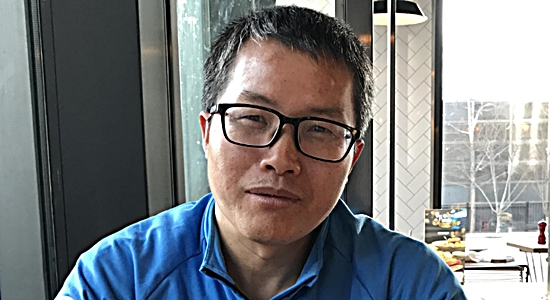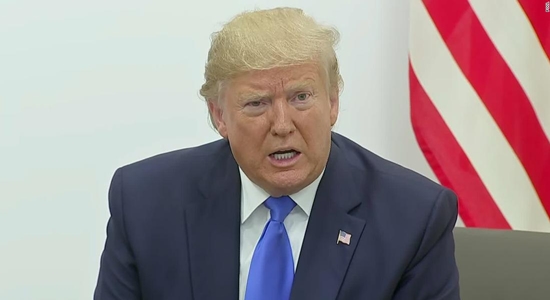
Viciously harassing a child may be a dismaying addition to the Chinese state’s usual methods of dealing with Chinese nationals living overseas that it targets (“New Tactic in China’s Information War: Harassing a Critic’s Child in the U.S.,” New York Times, June 27, 2024). But it’s not really so new. The history of modern China includes many examples of government-sanctioned abuse of young people.
The Red Guards of the Cultural Revolution (1966-1976), whipped up into murderous frenzies by Mao, were mostly children and teenagers; factions of the Red Guards violently fought each other as well as parents, teachers, and neighbors. More recently, the Chinese state has been forcing Uyghur and Tibetan children to attend boarding schools, where, separated from their parents, they are often brutally treated as the schools pursue their agenda of indoctrination and cultural assimilation.
China’s harassment of nationals living overseas—so-called transnational repression—has been getting only worse, and those doing the state’s dirty work were never known for delicacy and reserve to begin with. One of China’s current targets is Deng Yuwen (shown above), a widely published critic of China and Xi Jinping currently living in Philadelphia. China has been going after him by arranging “crude and ominously personal attacks” on Twitter, Facebook, and elsewhere online.
Deng’s teenage daughter is also a target.
The content, posted by users with fake identities, has appeared in replies to Mr. Deng’s posts on X [Twitter], the social platform, as well as the accounts of public schools in their community, where the daughter, who is 16, has been falsely portrayed as a drug user, an arsonist and a prostitute.
“I tried to delete these posts,” Mr. Deng said of the attacks online, speaking in Mandarin Chinese in an interview, “but I didn’t succeed, because today you try to delete and tomorrow they just switch to new accounts to leave attacking text and language.”…
The harassment fits a pattern of online intimidation that has raised alarms in Washington, as well as Canada and other countries where China’s attacks have become increasingly brazen. The campaign has included thousands of posts the researchers have linked to a network of social media accounts known as Spamouflage or Dragonbridge, an arm of the country’s vast propaganda apparatus.
Targeting Deng’s daughter “crosses a line that they hadn’t previously crossed,” according to Darren Linvill, a media researcher at Clemson University. “I think that suggests that the lines are becoming meaningless.”
At the Chinese embassy in Washington, spokesman Liu Pengyu relied on the tried-and-true diplomatic ploy of feigning ignorance about the CCP operates. Doesn’t know about the Deng case, has no comment. But: “He added that the government’s State Council issued regulations in China last year to protect the safety of teenagers online.”
Sounds helpful. However, these regulations somehow failed to prevent the “5,700 posts to date” on Twitter alone that have smeared Deng’s 16-year-old daughter.





